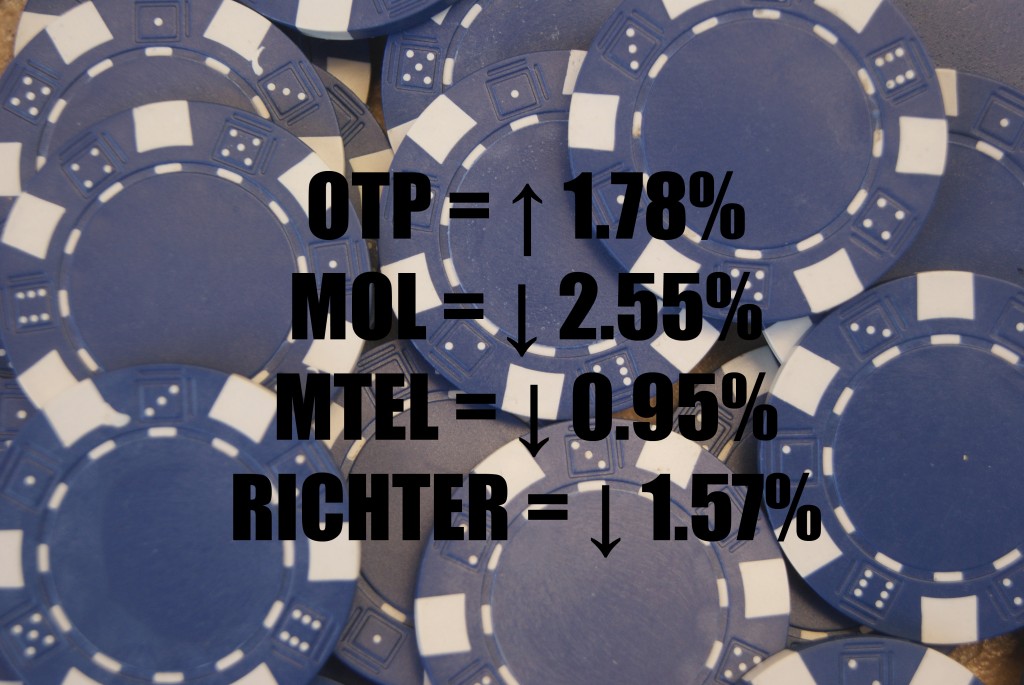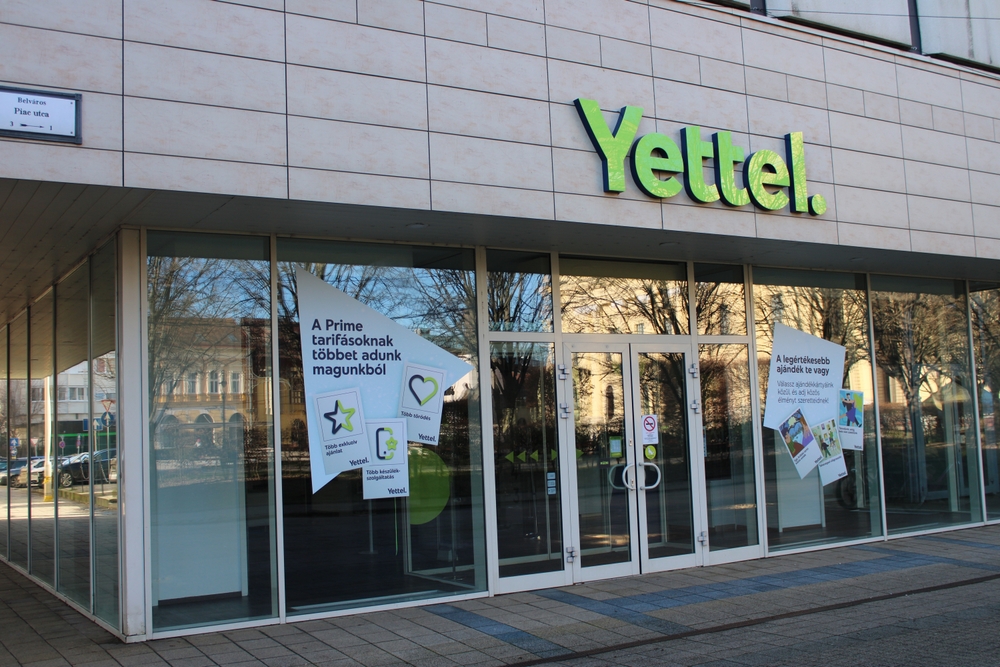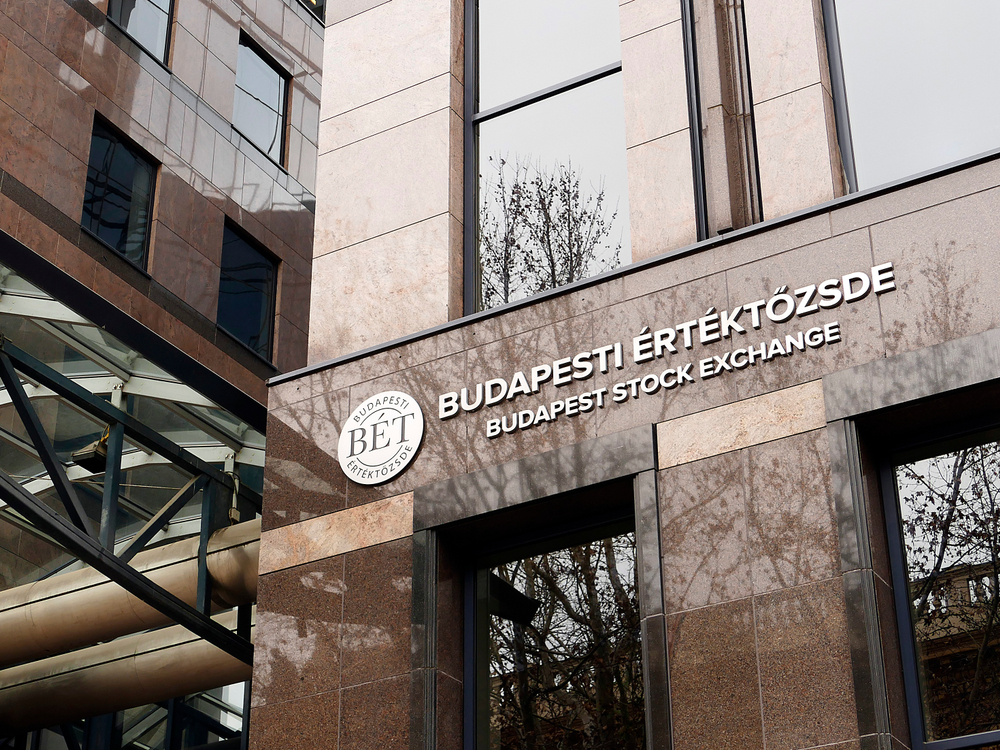BUX falls further despite strong GDP growth data

The Budapest Stock Exchangeʼs main BUX index finished down 0.60% at 22,393.97 Wednesday, after sinking 0.82% Tuesday. It is up 34.62% from year-end, after losing 10.40% last year.
First-quarter GDP data showing same-pace growth as in the previous quarter, a bit lower than local analysts projected, but a hair higher from London-based analystsʼ consensus, strongly outperforming the euro zone average, and only slightly decelerating in workday and seasonal-adjusted terms, did not move investors on the Budapest parquet as most analysts still predict tougher times ahead on decelerating German growth, thinner EU fund flows and slowing domestic demand, and market players slowly begin to doubt the reliability of official figures.
Also on Wednesday the European Commission published its country-specific recommendations which criticised some basic tenets of the Hungarian governmentʼs economic and tax policy, highlighting their distortive effect on investment and growth, and seeing risks Hungary may miss its debt reduction requirement just at a time when the government plans to wedge an about HUF 200 bln hole in budget revenues next year in a way that will again prefer high earners, analysts add.
The recent easing of the Hungarian currency, beneficial for exports, stopped on Wednesday and the forint strengthened as sovereign yields started down in the wake of euro zone first-quarter GDP figures, which analysts termed "good, but not too good" to make the ECB rethink its QE programme. The forint turned again south only late afternoon.
Among the main losers on Wednesday was Magyar Telekom after its first-quarter results, published after close of business the previous day, showed EBITDA rising slightly more than expected, but bottom line falling way faster than predicted. Magyar Telekom also announced it was leaving the household gas supply business, and adjusted down its consolidated revenue target until 2017 accordingly. Government policies, including mandatory tariff cuts in recent years and delays in building or commissioning regional pipeline interconnectors which could enhance the availability of cheaper resources, probably contributed to Magyar Telekomʼs decision, analysts say.
MOL fell as it announced a dividend per share on last yearʼs results down from dividend on 2013 results. OTP corrected up on some calming in European financial markets.
OTP won 1.78% to HUF 6,010 on turnover of HUF 5.80 bln from a HUF 12.55 bln session total, a fifth above the daily average this year.
MOL fell 2.55% to HUF 14,890 on turnover of HUF 3.69 bln.
Magyar Telekom dropped 0.95% to HUF 415 on turnover of HUF 790 mln.
Richter retreated 1.57% to HUF 4,375 on turnover of HUF 2.18 bln.
The bourseʼs mid-cap BUMIX went out 0.82% lower 1,611.07.
Elsewhere in the region, WIG 20 in Warsaw was down 0.09%, while Pragueʼs PX shed 0.06%. Western Europeʼs major indices were mixed ahead of their close Wednesday, with FTSE100 in London up 0.06%, DAX30 in Frankfurt down 1.21%, and CAC40 in Paris down 0.41%.
SUPPORT THE BUDAPEST BUSINESS JOURNAL
Producing journalism that is worthy of the name is a costly business. For 27 years, the publishers, editors and reporters of the Budapest Business Journal have striven to bring you business news that works, information that you can trust, that is factual, accurate and presented without fear or favor.
Newspaper organizations across the globe have struggled to find a business model that allows them to continue to excel, without compromising their ability to perform. Most recently, some have experimented with the idea of involving their most important stakeholders, their readers.
We would like to offer that same opportunity to our readers. We would like to invite you to help us deliver the quality business journalism you require. Hit our Support the BBJ button and you can choose the how much and how often you send us your contributions.









